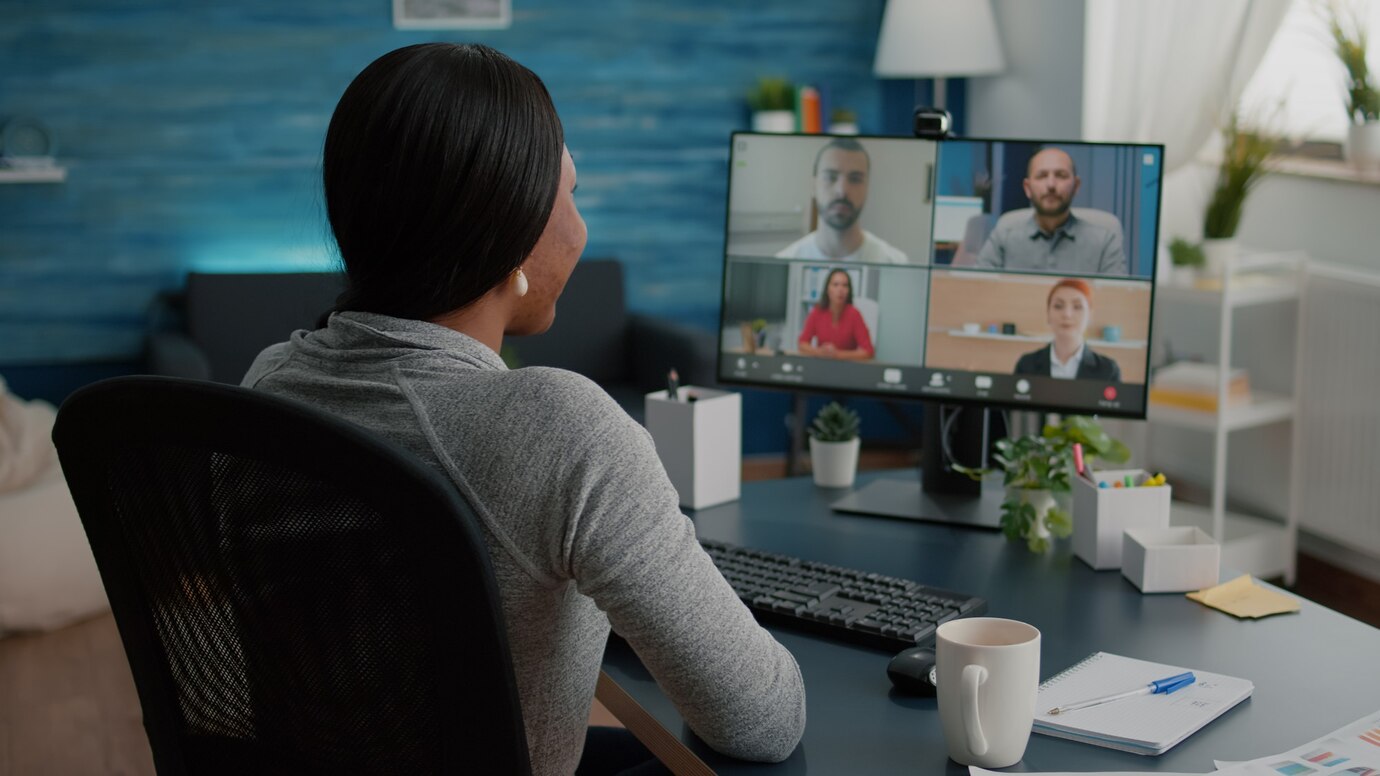More people than ever desire a remote job; remote work is more common than ever. Still, excelling in a remote job interview is about demonstrating your ability to thrive personally, not only about proving you can perform the work. Employers are searching for traits like self-motivation, excellent communication, and the capacity to adapt and remain focused; remote work calls for more than technical aptitude. This tutorial will teach helpful advice to enable you to stand out as the perfect candidate in a remote job interview.
1. Get Ready for a Different Kind of Interview
A remote job interview is quite unlike a conventional in-person one. Although your qualifications count, companies also value your capacity for autonomous work. They want to know you will keep on top of chores, have clear communication, and be able to manage unanticipated events personally. Stated differently, they want to see that you are ready for the reality of remote work, not only that of competency.
Key Takeaway: Emphasise your independence, self-control, and capacity to fit a remote work setting.
2. Set Up Your Tech for a Smooth Interview
Technical problems can ruin your interview. You are being virtual, which means that your setup reflects your professionalism. Get ready by making sure your internet connection and tools are reliable so you can prevent interruptions.
- A reliable internet connection is vital. Lag or dropped calls can complicate your connection with your interviewer.
- Excellent Tools: Advance your test of your speakers, microphone, and camera. Clear images and sounds indicate you are ready for a remote connection.
- Plan of backup: Should things go wrong, have one. Whether it’s a hotspot or a phone nearby, this demonstrates your ability to manage unanticipated technological problems.
Key Takeaway: A neat, well-maintaining tech setup presents your professionalism and dependability to the company.
3. Familiarize Yourself with Key Remote Tools
Although every business employs distinct digital tools, knowing some of the most used ones can help you be ready to operate in virtual surroundings. Tools like Slack, Zoom, and Trello are common in remote offices. If at all feasible, try learning about the tools the business uses.
- Typical Instruments for Investigating:
- Project Management: Monday.com, Trello, Asana
- Slack, Microsoft Teams, or Zoom—communication
- Cooperation: Google Workspace, Notion, Miro
Key Takeaway: knowing how to use popular remote tools will enable you to hit the ground running and save much hand-holding time.
4. Highlight Your Remote Work Skills
In an interview for a remote job, particular abilities are valuable. These cover adaptability, time management, good communication, and self-motivation. Show how you have grown and put these abilities to use using instances from former employment.
- Talk about how you remain orderly and effective without direct oversight.
- Time Management: Share, when working alone, how you set priorities and follow deadlines.
- Show that you are at ease verbally or in writing presenting concepts.
- Remote employment sometimes comes with surprises; provide a tale of overcoming a hurdle.
Key Takeaway: Show these abilities using case studies so the company may assess your fit for remote work.
5. Practice Answering Remote-Specific Questions
Remote job interviewers sometimes wonder how you would manage working from home. Work on your answers to these questions to be sure you can reply boldly.
- “How do you keep motivated working from home?”
- Talk about any techniques you employ—such as task scheduling or desk setup—to keep yourself efficient.
- “How do you manage task prioritising and organisation from a distance?”
- Talk about any tools or techniques you use to remember deadlines and to-dos.
- “How do you work with a team you have never personally met?”
- Emphasize how easy it is to find textual correspondence, video conferences, and team collaboration tools.
- “Talk about a moment you independently fixed a technical problem.”
- Remote employment can require autonomous troubleshooting; thus, offer a case study of how you effectively addressed a computer problem.
Key Takeaway: By honing these questions, you will be able to highlight the abilities employers seek in remote applicants.
6. Communicate Clearly and Confidently
In remote employment, good communication is vital. Clear written and spoken communication is essential since you will only sometimes be in front of your colleagues. Throughout the interview, consider your presentation of yourself:
- Speak Clearly: Get right to the point and avoid jargon. Good communication indicates that you can be easily managed remotely.
- Show that you are paying attention by nodding occasionally or responding briefly to express interest. Remote interviews sometimes entail minor delays, so pause to be sure the interviewer has finished speaking before you respond.
- Avoid fidgety; sit up straight and make eye contact across the camera.
Key Takeaway: In your interview, your apparent, confident communication abilities will show companies you can collaborate successfully with distant teams.
7. Research the Company’s Approach to Remote Work
Every organization manages remote work differently; knowing their method can assist you in customizing your responses. Investigate the company’s remote work culture to determine whether it supports particular tools, flexibility, or set working hours.
- Review employees: For former and present staff insights, check Glassdoor or Indeed.
- Look through their blog or social media. Corporate announcements or changes could reveal hints about their attitude to remote employment.
- Ask about remote culture and the company’s remote configuration during the interview. It indicates genuine curiosity and clarifies whether it would be a good fit.
Key Takeaway: Investigating the firm’s remote culture can help you better explain why you would be a perfect fit and customize your responses.
8. Create a Distraction-Free Interview Environment
Ensure your interview setting is professional, neat, and peaceful since impressions will be by it: a quiet area and a clutter-free background signal your organization and seriousness towards remote work.
- Background: A neutral or orderly background works best, like a basic bookcase or wall.
- Make sure it’s quiet, then if necessary, think about noise-cancelling headphones.
- Lighting: Sit where you have natural light or use a lamp for a well-lit picture; good lighting may significantly impact you.
Key Takeaway: A neat, quiet workspace indicates that you are ready for the reality of remote work and that you see the requirement of professionalism in a virtual environment.
9. Send a Thoughtful Thank-You Note
Spend some time following up by email after your interview. A basic thank-you message demonstrates professionalism, reinforces your interest in the job, and can have a lasting effect.
It could go like this;
“Thank you for interviewing me for the [Job Title] post. Learning more about [Company Name] and the remote team model delighted me. The possibility of providing your team with my [relevant talent] brings excitement since it will provide value. Tell me whether you require any more information from me.
Key Takeaway: Following up with a careful email leaves a good impression, expresses thanks, and highlights your interest.
Conclusion
Getting ready for a remote job interview calls for more than just presenting credentials. Companies want you to be autonomous, effectively communicate, and manage remote work issues. Following these guidelines—preparing your tech setup, rehearsing remote-specific interview questions, investigating the corporate culture, and guaranteeing a professional environment—you’ll be positioned for a great remote interview. Good fortune; remember that standing out as the perfect remote candidate mostly depends on small preparation.




Pingback: What Not to Say in a Remote Job Interview - Work from Home